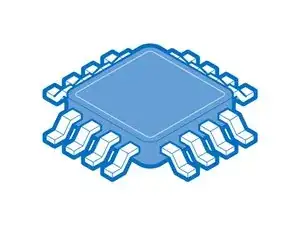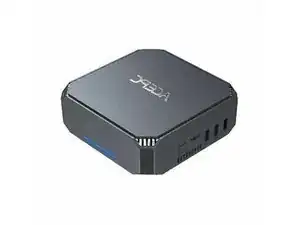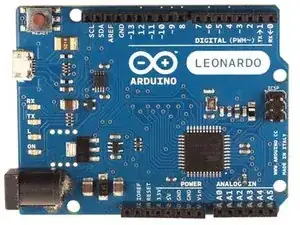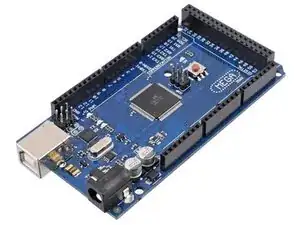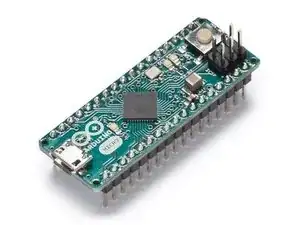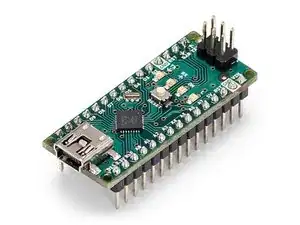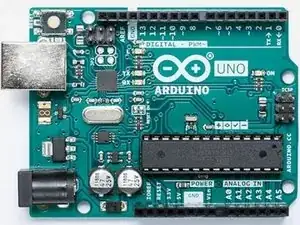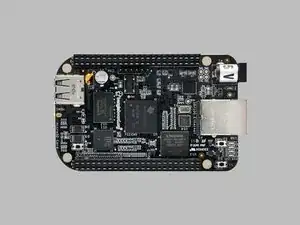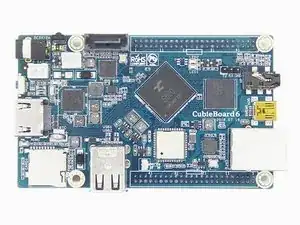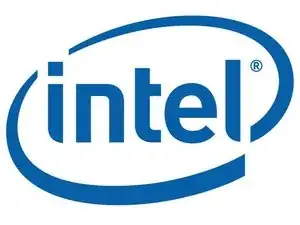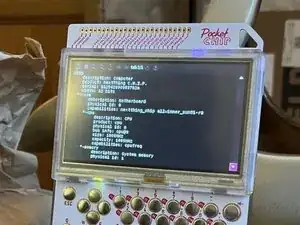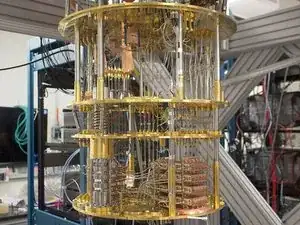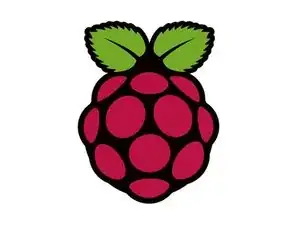Description
Nano-computers are small single-board computers whose processor is often RISC based. They usually have a Linux operating system, but some can be found with an Android or Windows operating system pre-installed.
They are also called Mini PC which means that they are small form factor computers.
They are mainly sold in two forms:
- Their minimalist form where they are sold as an electronic board without a case. In this way they are intended to do prototyping, DIY projects, etc. Often running under Linux, this type of nanocomputer requires more technical knowledge to use.
- Their "consumer" form, where they are sold in a case like a small computer ready to be used (example: the Intel NUC), requires little or no technical knowledge; some of them comes with Windows pre-installed.
Here are some examples of known nanocomputers :
- The Raspberry PI (consumer and prototyping nanocomputer)
- The Intel NUC (consumer nanocomputer)
- The Arduino (minimalist nanocomputer specialized for prototyping)
- Some development kits (example: Nvidia Jetson Nano)
There is a large amount of use case done with these computers and it depends on the components and the connectors that they provide.
They are commonly used :
- As a personal hosting device or as a NAS
- In embedded systems
- For prototyping
- As a small desktop computer (and sometimes as a thin client)
- As a retro gaming console (some nano-computers have a graphics chip capable of running video games)
